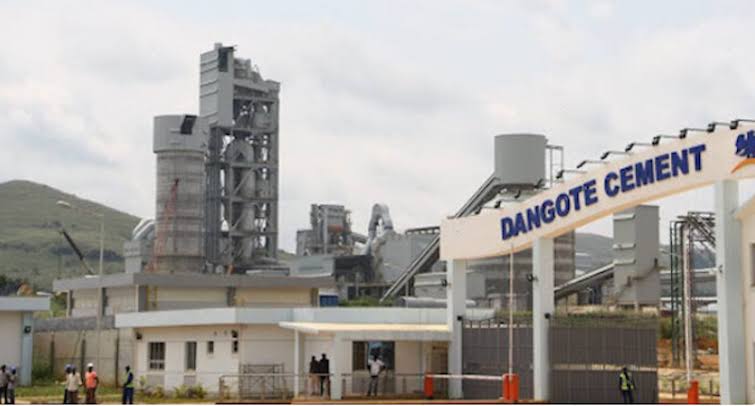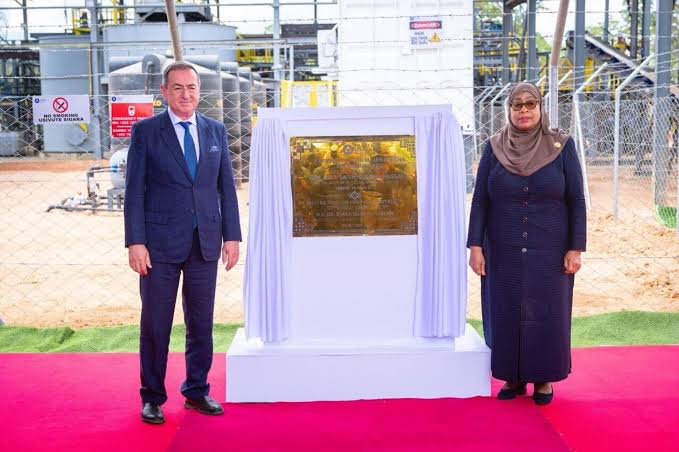
Faith Nyasuguta
Tanzania has officially launched a pilot uranium processing plant at the Mkuju River Project in the Ruvuma Region, marking a major milestone in the country’s ambitions to become a key player in global uranium production. The project, spearheaded by Mantra Tanzania Ltd, a subsidiary of Russia’s state nuclear corporation Rosatom was inaugurated on July 30, 2025, by President Samia Suluhu Hassan.
The facility, built at the Nyota deposit, is designed to gather technical and geological data in preparation for the construction of a full-scale uranium processing plant. Once completed, the main plant is expected to produce up to 3,000 tonnes of uranium annually. Construction of the full plant is scheduled to begin in early 2026, with commissioning projected for 2029.
President Samia described the launch as a historic leap forward, calling it a key step toward increasing Tanzania’s industrial output and value addition in mineral resources. With an estimated 139 million tonnes of uranium ore in reserves, Tanzania could emerge as one of the top ten uranium-producing countries in the world. This development is set to boost the country’s economy by creating jobs, increasing foreign investment, and generating substantial export revenues.
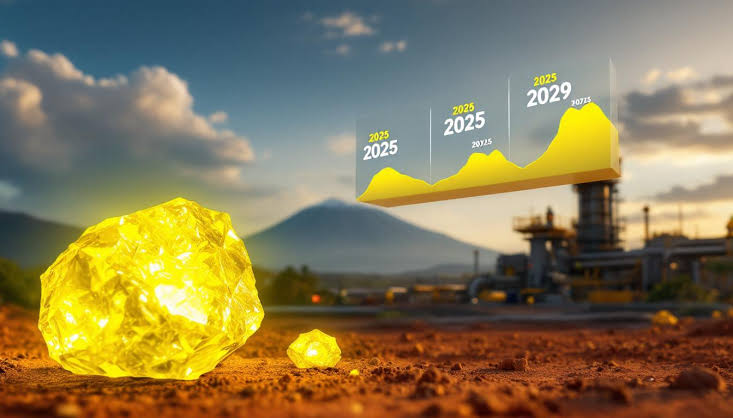
The pilot plant alone is expected to create at least 1,500 direct jobs, with additional opportunities arising in support services and logistics. Government officials highlighted that royalties, taxes, and service levies from the project will significantly benefit both local communities and national development priorities.
Minister of Minerals Anthony Mavunde emphasized that the government is determined to ensure uranium is not exported in raw form. Instead, Tanzania aims to build its capacity for value addition within its borders, aligning with the country’s Vision 2050 development strategy. This includes investments in skills training, environmental safeguards, and domestic energy security.
The involvement of Rosatom also reflects deepening ties between Tanzania and Russia. Russian Ambassador Andrey Avetisyan noted that the uranium project is only one aspect of the broader cooperation between the two nations. Other areas of collaboration include nuclear medicine, scientific research, and clean energy technologies.
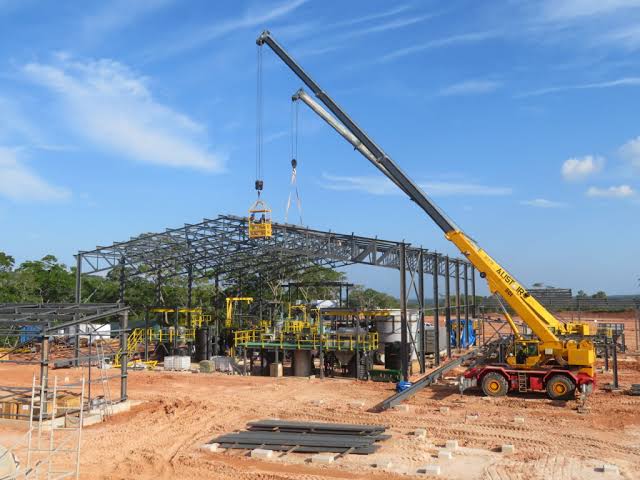
Tanzania’s entry into uranium processing comes at a time when global demand for nuclear fuel is increasing due to the shift toward low-carbon energy sources. With countries around the world turning to nuclear power to meet their climate targets, Tanzania’s uranium could become a strategic resource in the international energy market.
However, the project has not been without concern. Environmental groups have raised questions due to the site’s proximity to the Selous Game Reserve, a UNESCO World Heritage Site. In response, President Samia assured the public that Tanzania’s environmental and radiation safety agencies are enforcing international standards to protect biodiversity and public health.
As construction of the main processing plant begins in 2026, Tanzania’s position in the global nuclear value chain is expected to strengthen. The project is not just about mining – it represents a broader vision of industrialization, economic empowerment, and regional leadership in the responsible use of strategic minerals.
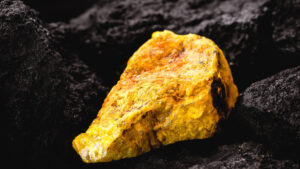
RELATED:






